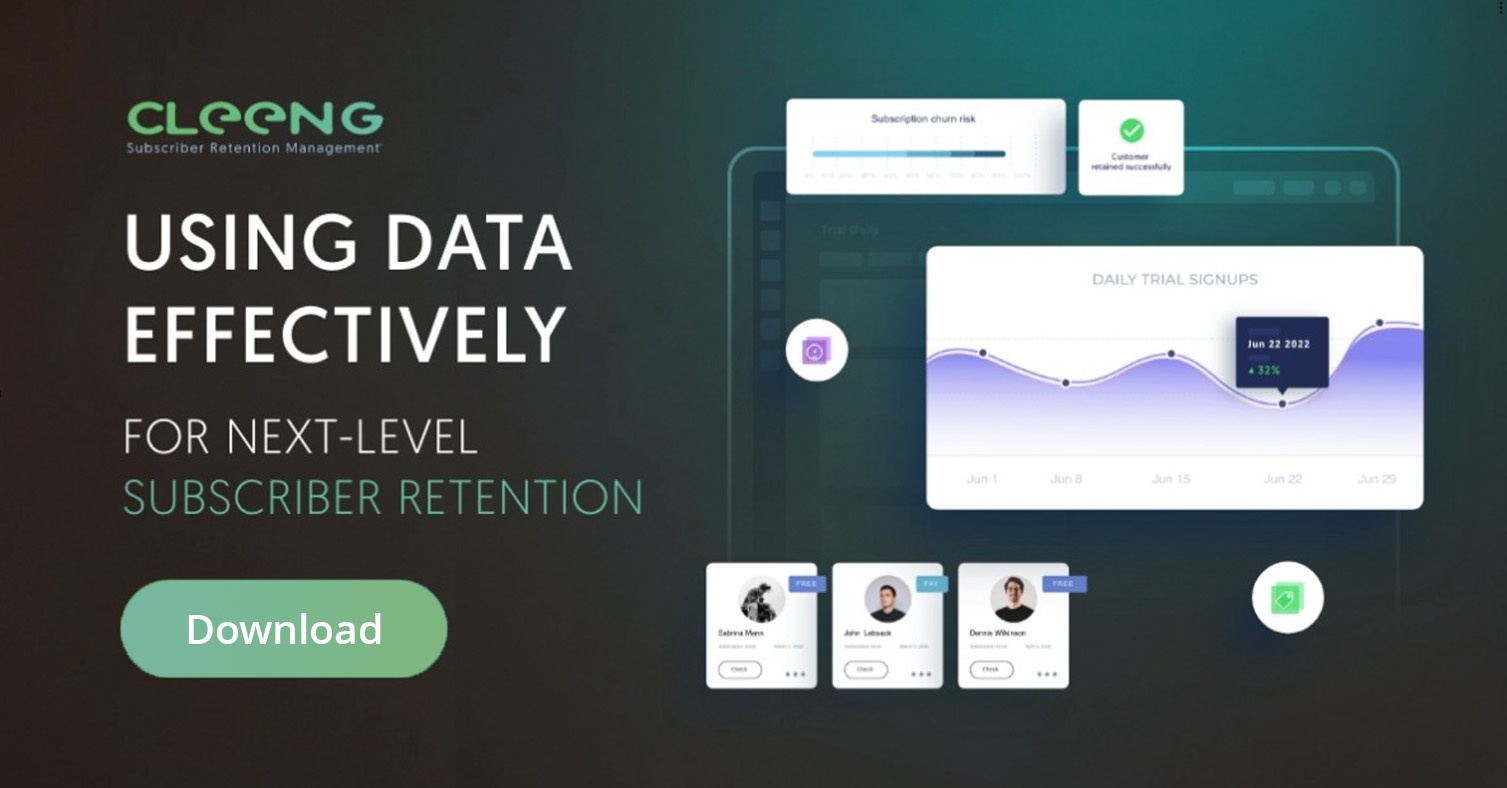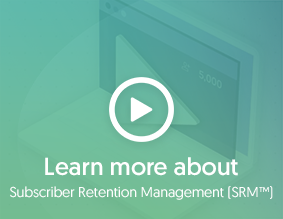
OTT checkout experiences are a critical milestone in a subscriber journey. Get it wrong, and it will likely cost you a lot of money and valuable market shares.
Simply put, unfamiliar or complicated processes distract and frustrate online shoppers trying to engage with a service.
On the other hand, easy and streamlined checkouts will enhance user engagement, simplify conversion, and, therefore, increase your revenue.
This unfolds several revenue and profitability benefits for broadcasters, including:
- Improved customer acquisition
- Reduced subscription-dropout rates
- Higher subscriber retention rates
- Easy expansion across borders
- Simplified tax compliance
What does an optimized checkout experience in the OTT landscape look like?
Optimized payment checkout experiences in OTT streaming usually come with the following characteristics:
- Simple and easy, without lengthy or complicated steps involved. You don’t need much from subscribers. An email and a payment method are all you need to get them started.
- Support multiple payment methods that the target group is comfortable and familiar with. That obviously includes worldwide services such as VISA, MasterCard, AMEX, PayPal, or Apple Pay. But you should also consider local and well-trusted payment methods if you operate in multiple countries.
- Completely secure, ensuring users' sensitive payment information is safe from malicious hackers.
- Compatible with the various platforms that subscribers use to stream content. This enables checking out quickly on any device. In 2024 and beyond, consider that tying a streaming service to a specific device is counterproductive.
- Inclusive of personalization features like offers, coupons, pausing subscriptions, etc. Sports OTT companies can, for instance, apply dynamic pricing on their yearly plans to keep acquiring subscribers throughout the entire season.
In addition, for the broadcaster specifically, streamlined payment systems help with:
- Expanding geographically by incorporating multiple currencies.
- Simplifying tax compliance - both regional and international.
- Providing insightful data to drive strategic action.
Now, what’s the best way to avail the above benefits with optimized payments?
Meet Merchant - a tool specifically designed for broadcasters to deliver optimized subscriber checkout, billing, and tax management experiences.
What is Merchant?
Merchant is a subscriber billing and tax management solution tailored to the unique needs of the OTT industry.
It gives broadcasters all they need to monetize content easily, both locally and across borders. With it, broadcasters can create safe and optimized experiences for subscribers, giving them, among other things, a chance to select their preferred payment methods with one-click registration and payments.
—
Good to know:
Merchant delivers in over 160 international markets, with 18 languages supported.
—
With this crucial step taken care of, broadcasters can focus more on what matters most, i.e. growing their OTT streaming platform.
“Payment processing is extremely valuable to us. With the introduction of the handling of tax, it is even more valuable.”
—Samantha Amaral, OUTtv’s Manager of Broadcast and OTT Operations, after using Merchant.
Want to know more? Learn how OUTtv gets easy reporting & tax management with Cleeng.
Four Helpful Use Cases for Merchant
Checkout optimization to attract subscribers
The best online shopping experiences are the easiest ones.
If you make your checkout flow too complicated, prospective subscribers will likely abandon their carts. Merchant prevents exactly this.
It lets you offer frictionless payments. This means improved conversions and higher subscriber retention. Merchant lets you:
- Accommodate multiple payment options (as many as 186 payment options), letting subscribers pay how they want using the payment methods they know and trust.
- Make use of 1-click registration and payments. Your users can sign up and pay quickly without switching multiple screens or going through complicated processes. A user-friendly experience, especially when on a mobile device, where simplicity and speed matter most.
- Offer secured and efficient payment methods to your subscribers. The sensitive payment information of subscribers is safe, ensuring they trust the platform.
- Scale. Merchant can process millions of transactions with a seamless customer experience every time.
Good to know:
Cleeng's SDKs offer several options and features to customize the checkout process per your unique OTT brand. This customization can help you build sticky points with your subscribers and, therefore, increase customer lifetime value.
Provide payment analytics to drive strategic initiatives
In OTT streaming, responding quickly to what’s happening is critical to up your revenue game.
Well, Merchant makes that possible by collecting and interpreting payment data.
It provides a 360° subscriber view with details such as transaction history or activity overview. Moreover, it has advanced analytics features that make it easier to understand the full picture from trial to conversion.
Merchant’s technology makes it possible to answer specific questions such as ‘why are payments failing for your subscribers?’ or ‘which payment methods drive the most subscriber churn?’. With such information at hand, you can then run targeted actions to maximize conversions and grow your subscriber pool.
Simplify global expansion
Merchant also helps expand global reach without worrying about managing payments and currencies.
- The deep integration with leading providers like Adyen and PayPal ensures that over 160 international markets are accessible immediately.
- The tool supports 18 languages. This ensures localized, trusted, and fully compliant payment experiences.
Ease the burden of taxes & compliances
Local taxation and legalities can be difficult to deal with. Even more so if you’re operating in different states or countries.
Well, Merchant simplifies all the financial and legal complexity of payment processes, thus minimizing your ownership cost.
- Merchant's dynamic checkout engine adapts automatically to the customer’s local tax codes. It ensures the correct application of taxes on your checkout pages and, therefore, creates a more transparent experience for prospective subscribers, a necessity to beat shopping cart abandonment.
- It comes with full GDPR compliance and an Avalara integration, ensuring the brand and your business are protected 24 hours a day.
- It includes the option of having Cleeng as the Merchant of Record. This can ease the entire tax management burden, freeing you from any risks of painful fees and penalties.
Simplify checkouts and billing to grow
OTT checkout experiences are a critical milestone in the subscriber journey.
Optimizing checkout steps will have a significant impact on subscriber trust and engagement and, in turn, influence conversion rates and retention.
Merchant simplifies payment management and tax compliance to an unprecedented degree. Using its different applications, you can ensure quick checkouts and personalized offers to boost conversions (and ROI)!
Everything necessary is embedded to help OTT teams grow locally or across borders without ever having to worry about payment or tax compliance.
Learn more about Merchant, or contact our expert team to explore how Cleeng can help your company grow.




